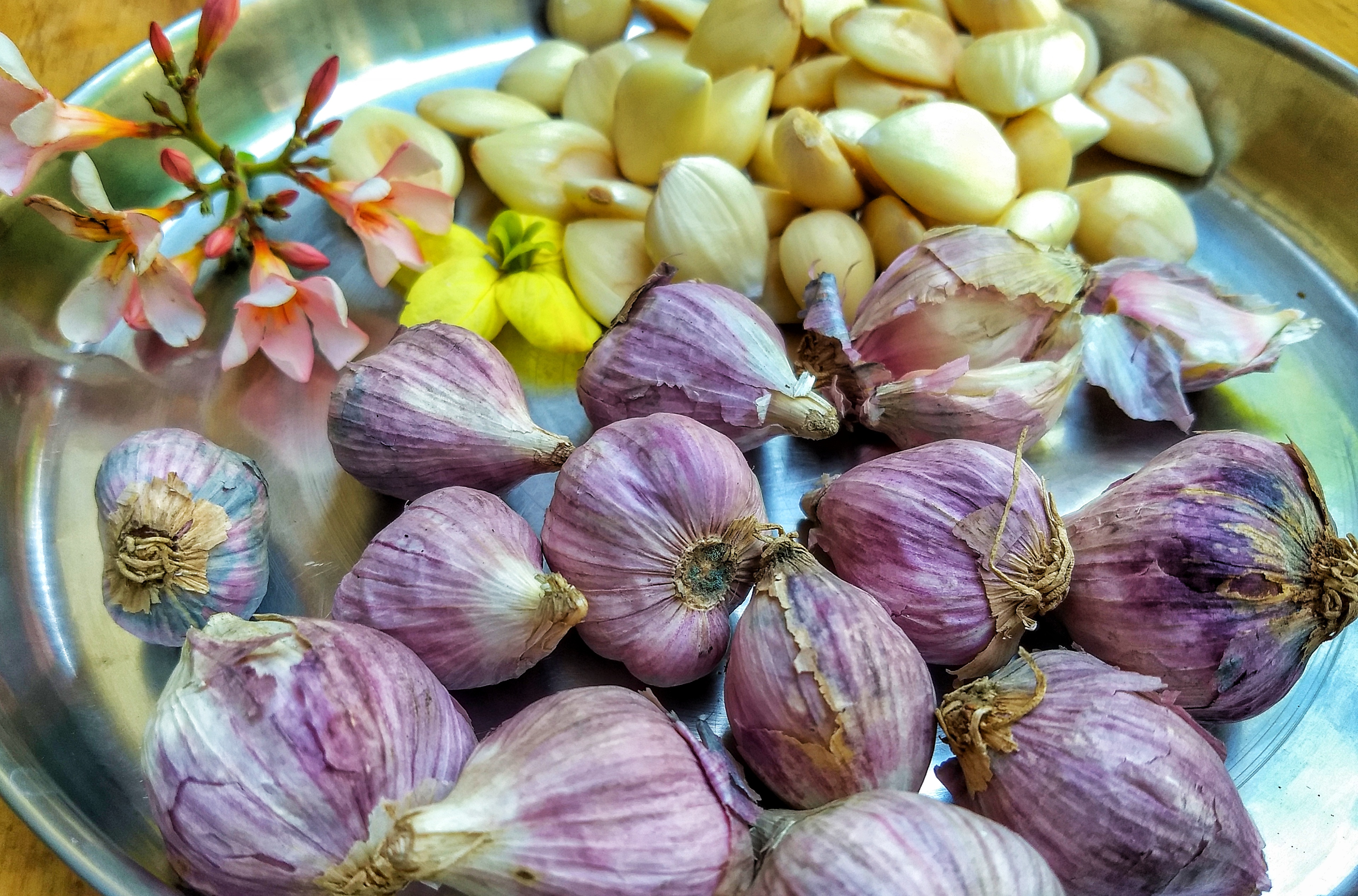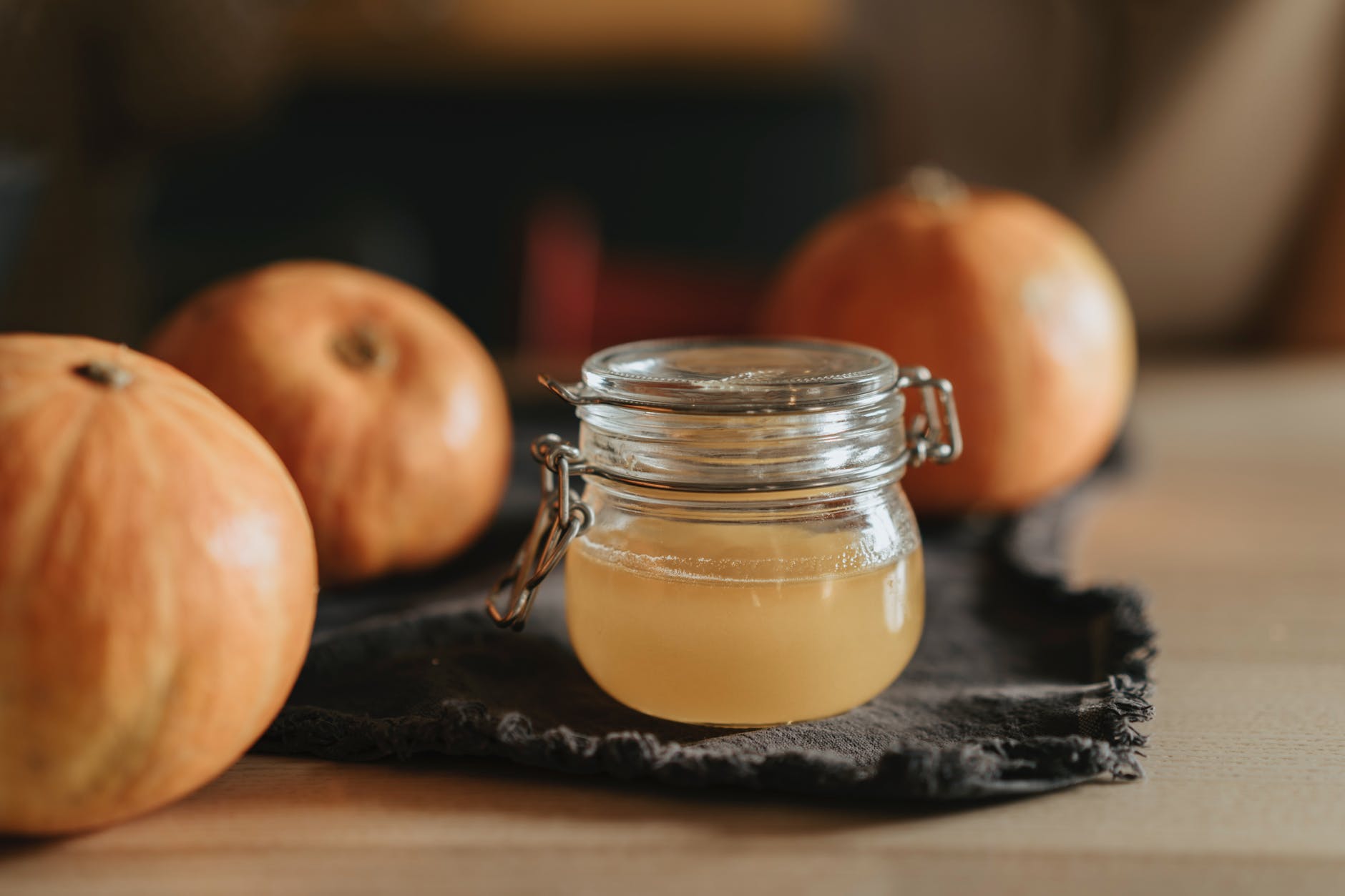
Garlic, with its distinctive aroma and flavorful taste, has been a staple in cuisines around the world for centuries. Beyond its culinary uses, garlic is renowned for its potential health benefits. In this comprehensive blog post, we will explore the remarkable properties of garlic, unveil its numerous benefits for both health and weight loss, and provide practical tips on how to incorporate it into your daily routine. Get ready to unlock the power of garlic and harness its potential for a healthier and slimmer you! 🧄🌿🏋️♀️
The Nutritional Powerhouse: A Closer Look at Garlic’s Profile 🧄🌿
Garlic is a member of the Allium family, which also includes onions, shallots, and leeks. This small bulb packs a powerful nutritional punch. Let’s dive into the components that make garlic a nutritional powerhouse:
1. Organosulfur Compounds: Garlic owes its distinct aroma and many health benefits to its organosulfur compounds, with allicin being the most notable. Allicin is a sulfur-containing compound formed when garlic is crushed or chopped. It possesses potent antioxidant and antimicrobial properties, making it a valuable asset for overall health.
2. Vitamins and Minerals: Garlic contains an array of essential vitamins and minerals, including vitamin C, vitamin B6, manganese, selenium, calcium, and potassium. These nutrients play vital roles in supporting various bodily functions, such as immune function, energy production, and bone health.
3. Fiber: Garlic contains dietary fiber, which aids in digestion, promotes regular bowel movements, and supports a healthy gut microbiome. Fiber also contributes to feelings of fullness, which can aid in weight management.
4. Low in Calories and Fat: Garlic is a low-calorie and low-fat ingredient, making it a valuable addition to a calorie-conscious and heart-healthy diet.
The Health Benefits of Garlic 🧄🌿
Garlic has been revered for its potential health benefits throughout history. Let’s explore some of the scientifically supported advantages of incorporating garlic into your daily routine:
1. Immune System Support:
Garlic has long been celebrated for its immune-boosting properties. Its organosulfur compounds, particularly allicin, possess antimicrobial and antiviral properties that can help strengthen the immune system and protect against common illnesses.
2. Cardiovascular Health:
Studies suggest that garlic may have cardiovascular benefits by helping to lower blood pressure, reduce LDL (bad) cholesterol levels, and prevent the formation of blood clots. These effects contribute to a reduced risk of heart disease and promote overall heart health.
3. Anti-Inflammatory Effects:
The organosulfur compounds in garlic exert anti-inflammatory effects in the body. Chronic inflammation is linked to various diseases, including obesity. By reducing inflammation, garlic may support overall health and weight management efforts.
4. Antioxidant Protection:
Garlic contains antioxidants that help combat oxidative stress and neutralize harmful free radicals in the body. These antioxidants contribute to cellular health and may have anti-aging effects.
5. Blood Sugar Regulation:
Research suggests that garlic may help regulate blood sugar levels by improving insulin sensitivity and reducing insulin resistance. This can be particularly beneficial for individuals with prediabetes or type 2 diabetes and may support weight management.
6. Digestive Health:
Garlic’s fiber content promotes a healthy digestive system by supporting regular bowel movements and nourishing beneficial gut bacteria. A healthy gut microbiome is essential for overall well-being, including weight management.
Garlic and Weight Loss: Unleashing its Potential 🧄⚖️
Incorporating garlic into your weight loss journey can provide numerous benefits. Here’s how garlic can support your efforts to shed pounds:
1. Appetite Control:
The distinct flavor and aroma of garlic can enhance the sensory experience of meals, leading to increased satisfaction and potentially reducing overeating. Adding garlic to your dishes can help you feel more satiated with smaller portions, thereby supporting calorie control.
2. Metabolism Boost:
While the impact on metabolism is modest, some studies suggest that compounds found in garlic, such as allicin, may help boost metabolism and increase calorie expenditure. This can contribute to weight management efforts when combined with other healthy lifestyle habits.
3. Flavorful and Versatile Ingredient:
Garlic’s unique taste adds depth and complexity to dishes without adding excessive calories or unhealthy ingredients. By using garlic as a flavor enhancer, you can elevate the taste of your meals while making healthier choices.
Incorporating Garlic into Your Diet: Tips and Creative Ideas 🧄🍽️
Here are some practical tips to help you incorporate garlic into your daily meals and reap its health and weight loss benefits:
- Cooking: Add minced or crushed garlic to sautéed vegetables, soups, stews, stir-fries, or roasted meats for a burst of flavor and a nutritional boost.
- Roasting: Roast whole garlic bulbs to bring out their sweet and mellow flavor. The roasted garlic cloves can be spread on whole-grain bread or used as a tasty addition to sauces and dressings.
- Infused Oils: Make your own garlic-infused oil by simmering garlic cloves in olive oil on low heat. This oil can be used for salad dressings or as a flavoring agent for cooked dishes.
- Marinades: Create marinades for lean proteins, such as chicken or fish, by combining garlic with herbs, spices, and a touch of acid like lemon juice or vinegar. Allow the proteins to marinate for a while to infuse them with flavor.
- Condiments and Spreads: Blend garlic with ingredients like Greek yogurt, lemon juice, and herbs to create flavorful and nutritious dips and spreads. These can be enjoyed with raw vegetables or whole-grain crackers.
Remember to adjust the quantity of garlic according to your taste preferences and digestive tolerance. Some individuals may be more sensitive to the flavor and potential digestive effects of garlic.
Conclusion: Unleash the Power of Garlic for Optimal Health and Weight Loss 🧄🌿🏋️♀️
Garlic’s potent flavor and exceptional health benefits make it a valuable addition to your daily diet. Whether you are seeking to support your immune system, improve cardiovascular health, reduce inflammation, regulate blood sugar levels, or aid in weight loss, garlic can play a significant role in your journey toward optimal well-being. Embrace the versatility of garlic and experiment with its usage in various culinary creations to unleash its power in your kitchen and transform your health.











